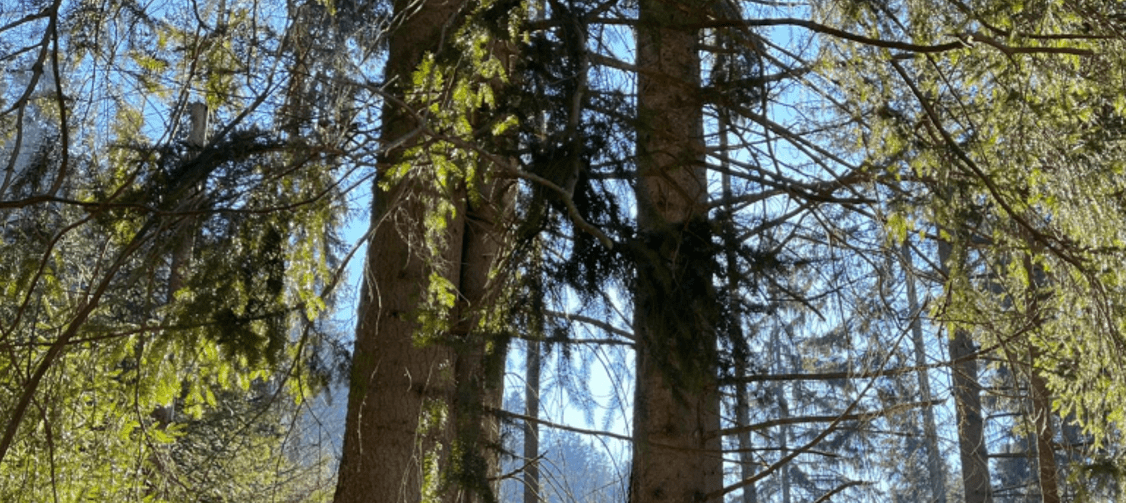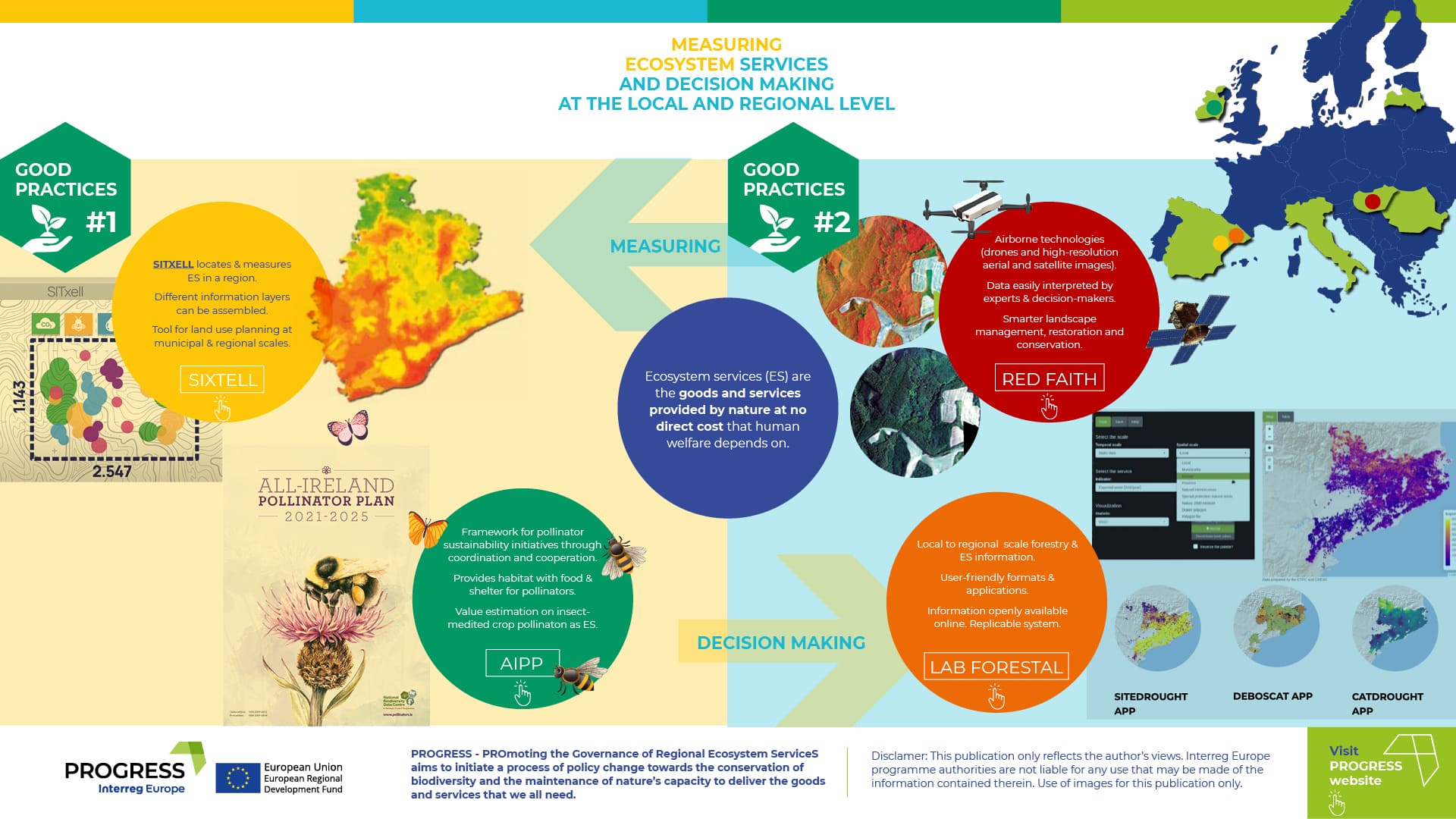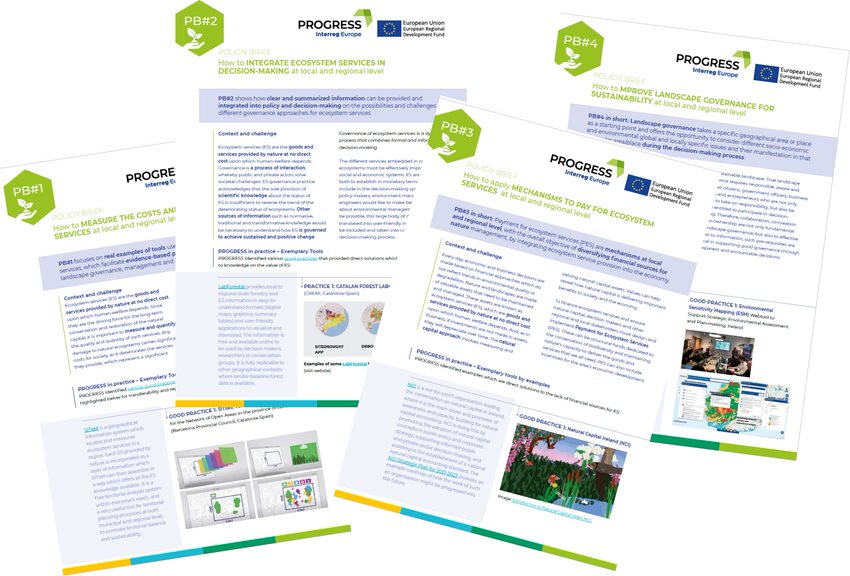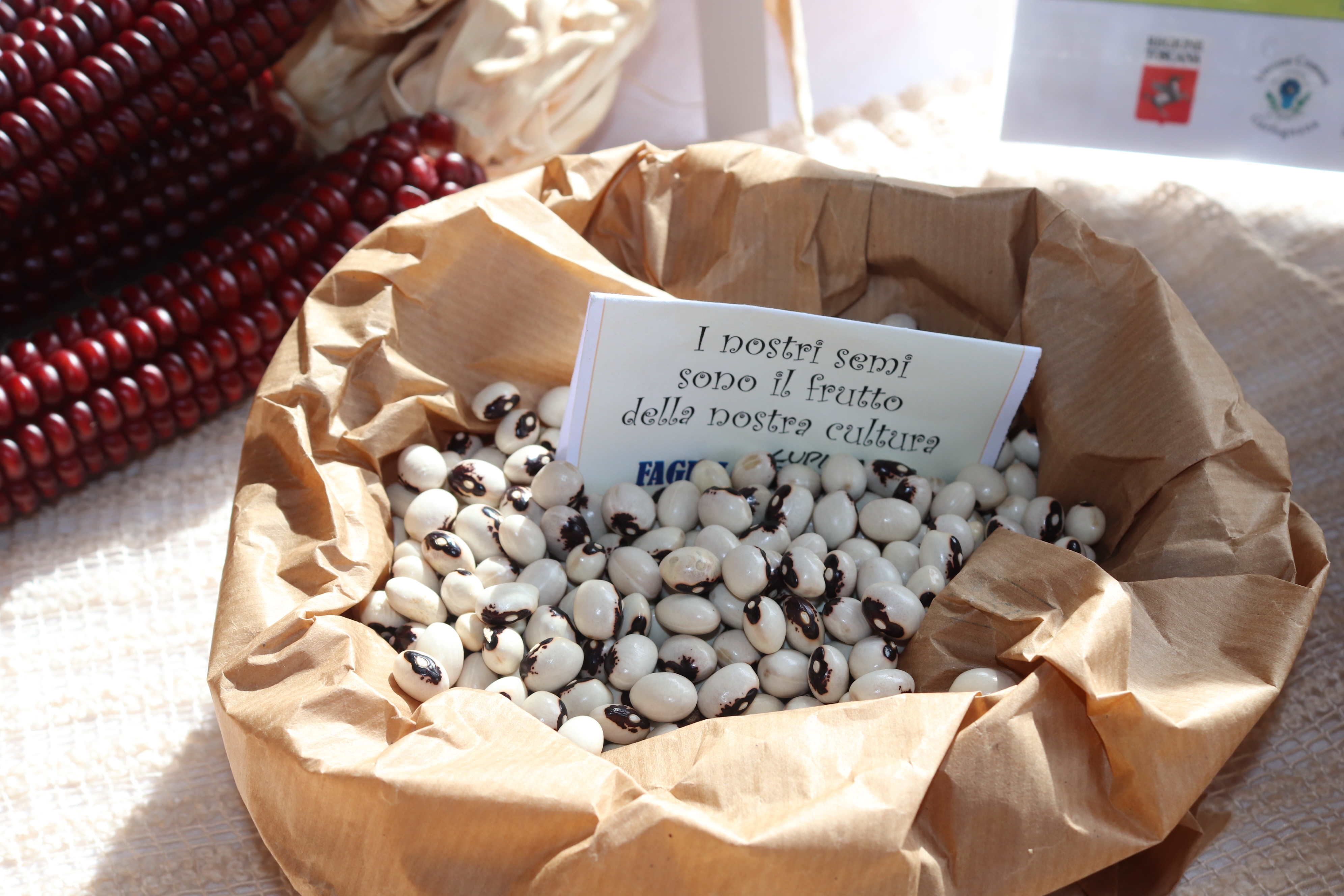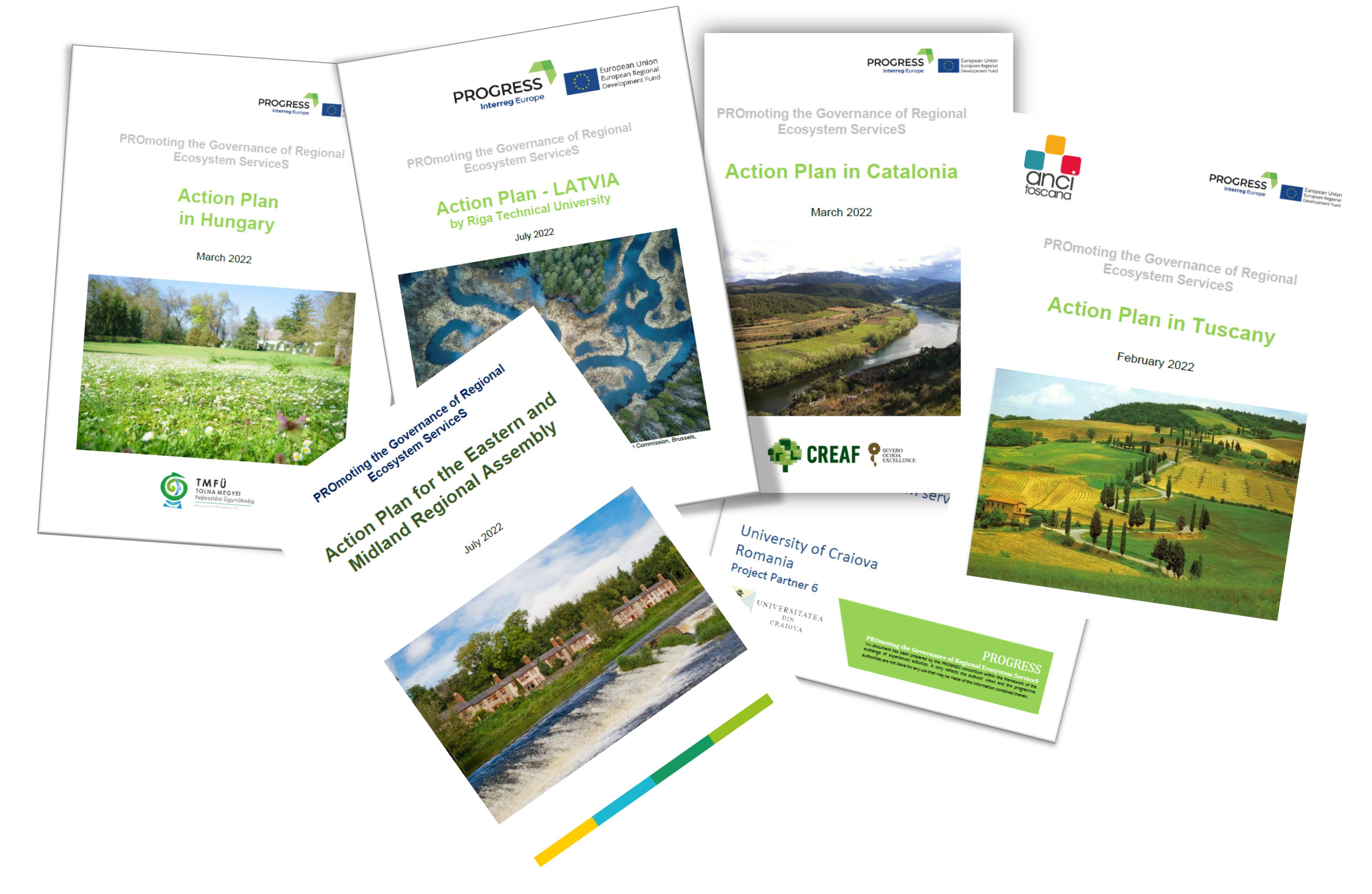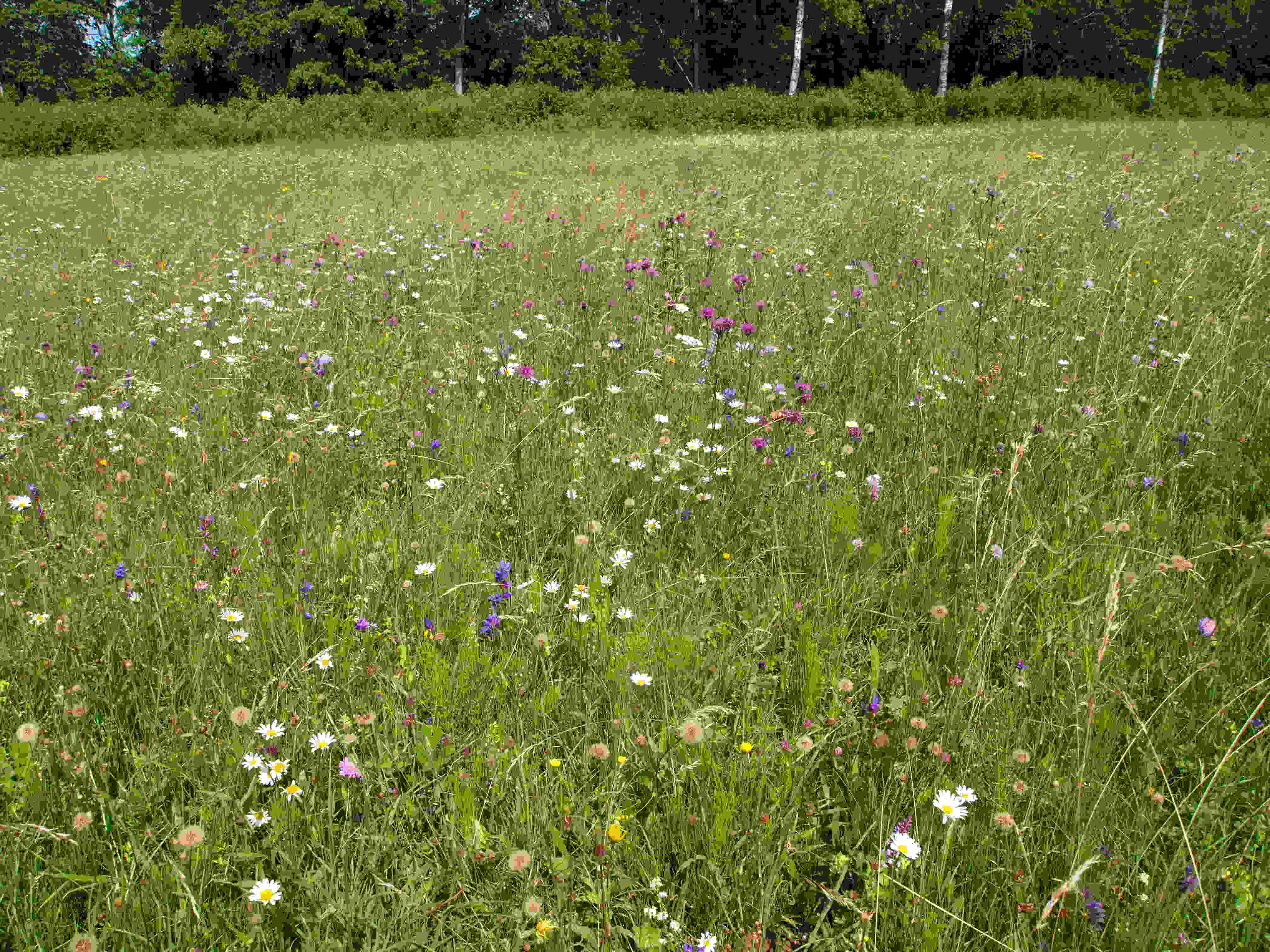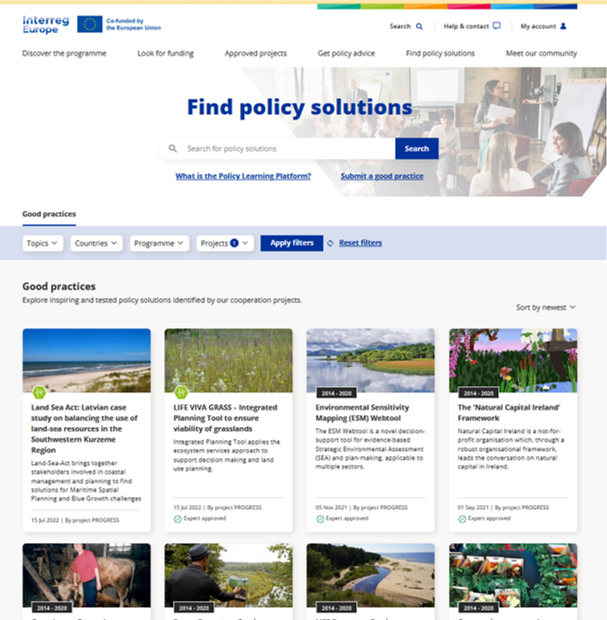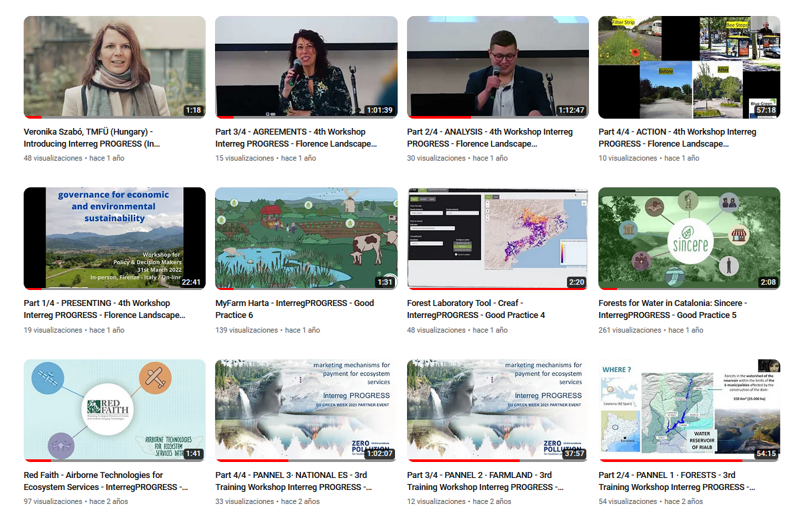Besnik Mehmeti (ANCI Toscana), coordinator of the project, started reminding that “we are living difficult times, but now more than ever, we need to improve our knowledge of ecosystem services”. As stated by the UNEP and many scientists, our unsustainable exploitation of natural habitats encourages emerging and spreading of diseases.
From transport to energy, agriculture to cultural wellbeing, policies and actions can have many unintended consequences. The delivery of ecosystem services depends on the maintenance of biodiversity and ecosystem functioning, from pollination to nutrient cycling. Though our wellbeing relies upon these ecosystem services, they are mainly public goods with no markets and no prices, so are rarely detected by our current economic compass. In such a framework, tax incentives can lead in many cases to the destruction of natural capital, even where it offers a sustainable flow of services to the economy and to society. Therefore, decision makers should have sufficient facts, tools and arguments to take a different decision and avoid natural habitat loss.
With this final aim in mind, we presented and discussed different Good Practices in relation to the measurement of the costs and benefits of ecosystem services derived from land use. Practices had been previously selected in each partner region by local meetings with expert stakeholders. Some of them also attended the on-line meeting to provide a deeper insight and solve interesting questions.
Among them, Carles Castell, head of the Territorial Planning and Analysis Office of the Barcelona Council, showed an excellent example of how information could help policy makers in efficient decision making though the SITxell territorial analysis system: “SITxell was applied at various stages of development of the Barcelona Metropolitan Plan, which finally stated that 70.4% of the area of the region are of special protection for their natural and agricultural interest”.
Among many of the interesting practices discussed: the project SOS4LIFE, presented by Fabrizio Ungaro (Italian Council of Research, Institute of Bioeconomy) and focused in the highly necessary but normally neglected soil ecosystem services; the successful All-Ireland Pollinator Plan Framework, which gathered an impressive number of committed stakeholders; the project LIFE EcosystemServices, which not only consider an economic assessment of services but potential scenarios to compare the consequences of different decisions; and the exemplary collaboration showed by the Romanian–Bulgarian cross-border joint natural and technological hazards assessment in the Danube floodplain.
How to select the best among these great Good Practices? Keep updated about the selection in our webpage!
Please check the video of the meeting in our YouTube channel:



